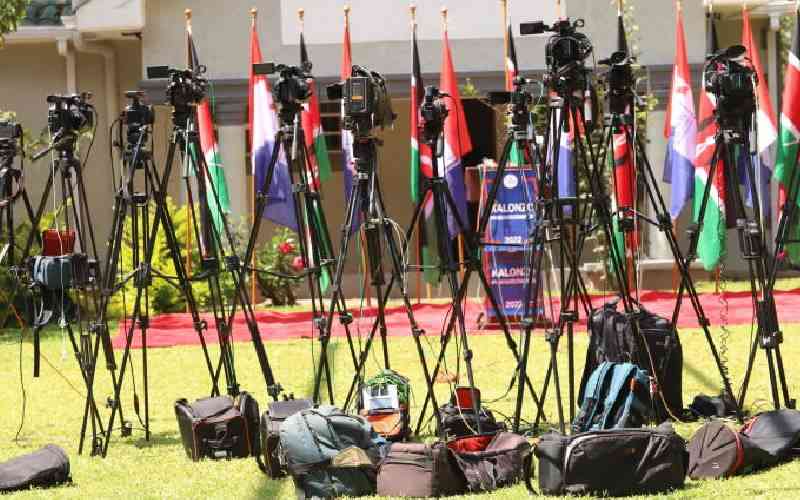×
The Standard e-Paper
Kenya’s Boldest Voice

Like most politicians, President Uhuru Kenyatta's relationship with the media has been cold and warm in what experts say was informed by his past experiences with the press.